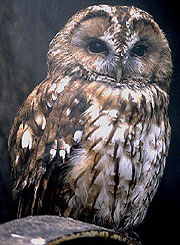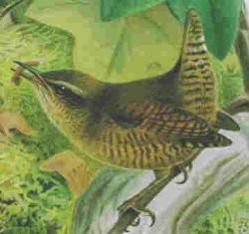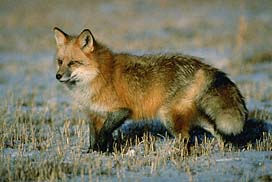And Dick the shepherd blows his nail,
And Tom bears logs into the hall,
And milk comes frozen home in pail,
When blood is nipp'd and ways be foul,
Then nightly sings the staring owl,
Tu-whit;
Tu-who, a merry note,
While greasy Joan doth keel the pot.
William Shakespeare – Love’s Labor’s Lost
Not sure if the bard wrote that about January, but it was close. I feel sorry for poor old greasy Joan, but I really like the line – “and milk comes frozen home in the pail”. It actually reminds me of my childhood when we would find come downstairs in the morning and find the cream on the top of the milk frozen and already pushing the silver or gold top up above the rim of the bottle like a little ice cream. Woe betide the person that thought to eat it though. My poor mum had enough trouble competing with the blue-tits (see picture) who just loved to eat or drink the milk at the top of the bottle, if you left it on the doorstep for too long. Sigh. That was when the milkman delivered milk in glass bottles. Can you imagine it being delivered in a pail?


Enough memory lane, my dears. But clearly one of the fauna one would see in January was the blue-tit.
Actually, while January is not and was not the coldest month, it is one of the barest. Very little to be seen at all unless, like my dear friend the naturalist from the 1820'2, whose diary I dive into to bring you some of these gems, you go digging about under trees with your penknife to scoop up bits of moss and find insects beetling about in there.
 Nope. Not doing that. But let's take a look and see what else he tells us. Oh, but we can put the owl down as a possible, for Shakespeare mentions him. Do we assume he was accurate in his research or do you think that was poetic licence? This is a picture of tawny owl and is the owl that goes tuwit tuwoo. This owl is very common in England. He would feed at night on such things as voles and mice as they ferret about looking for those bugs hiding in the moss.
Nope. Not doing that. But let's take a look and see what else he tells us. Oh, but we can put the owl down as a possible, for Shakespeare mentions him. Do we assume he was accurate in his research or do you think that was poetic licence? This is a picture of tawny owl and is the owl that goes tuwit tuwoo. This owl is very common in England. He would feed at night on such things as voles and mice as they ferret about looking for those bugs hiding in the moss.One of the birds he mentions is a throstle. I think we have had him before. He is actually what we now are more likely to call a song thrush. He mentions quite a few other birds that winter over in England, apparently they live on the gnats which are on the snow near the water. He also mentions a favorite of mine, the wren. This particular wren is know as the winter wren and it is the only wren not found in the New World. This particular picture was painted in 1826. How apropos my dears.

Another creature that one might see in the countryside was the fox. He would stand out beautifully in the snow, with that gorgeous red coat and his brush trailing behind him.

I am not going to talk about the hunting part, anymore than I am going to talk about the bugs. My sister-in-law has a fox come and visit her house once in a while. She leaves food for them, just to sit and watch them for a moment or two. Fascinating. Did you know there is a television program in England called “Fox watch”? or there was. You could sit and watch a field and a couple of bushes for 24 hours a day in the hopes of seeing a fox walk past. Fascinating stuff. We English like our wildlife, ducks.
The naturalist says that there’s not much growing, so probably the only green things are evergreens such as pine trees and yews, and holly and of course the remains of the hips and the hawes, if the birds haven’t eaten them yet.

Talking of Yews, in Regency times, lambing started in January. I love baby lambs. We used to see them all the time, running in the fields with their long tails wriggling as they tried to con mum into a bit more food. I lived in the Outer Hebrides as a child and we actually looked after a motherless lamb for a while. We used to get up every morning to give it a bottle of milk This picture is of a highland ewe and her lamb painted by Richard Ansdell in the 1870's. Not the Regency I know, but too too beautiful to resist
Well, it’s a bit nippy, so that is enough rambling for one day I think.
Monday we will take a look at another country house, I think. Of course it will depend on the weather.
Happy Rambles.
What a delightful post. Thank you!
ReplyDelete